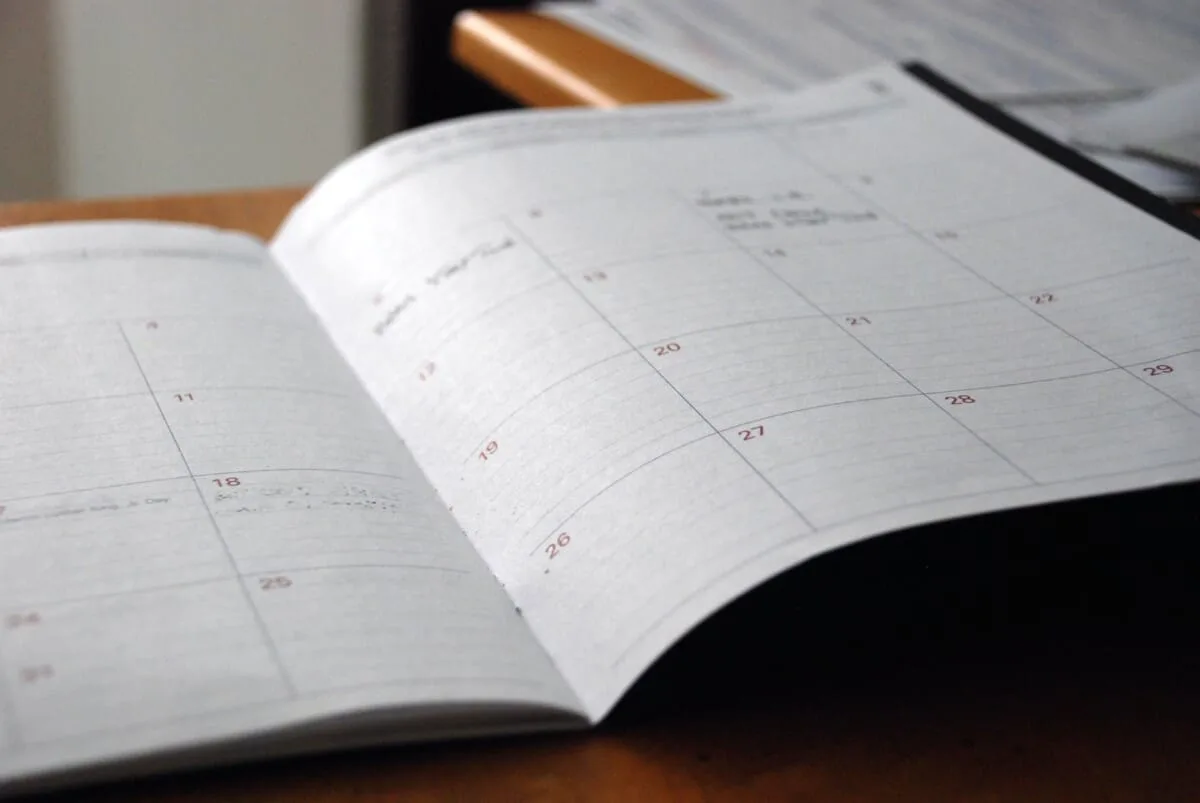There is a distinct difference between the formal and informal style in any language, and English is no different. It is quite common to find that specific phrases only apply in particular situations, while other expressions and phrases are mostly used only in a formal context, like in contracts or business. “Including but not limited …
Kallen Anluan
There are loads of ways to say “thank you” in English, which can sometimes seem a little overwhelming. This is especially true as you try to figure out which expressions are the correct ones for any given situation. The expression “thank you both” is correct to use when you wish to thank two people. In …
My 16-year-old daughter told me that she receives loving text messages from her boyfriend on a daily basis. I asked her whether this included weekends and national holidays, so she looked at me and rolled her eyes. While she viewed my question as silly, what do we really mean by “on a daily basis”? Daily …
You may think you know what the phrase “humor me” means, but do you really? Although it may sound as if it has something to do with telling a joke, it actually doesn’t. A considerable number of the words and phrases that we use in English may sound like one thing but mean another. The …
When you travel to native English speaking countries or areas, you will hear common phrases and terms, like “Thank you,” for example, in very different ways. Expressions like these are sometimes colloquial, meaning that they are most commonly only used in specific areas or by certain people. Hearing someone thanking you by saying “Greatly appreciated” …
Homophones can make the English language incredibly confusing, where one word sounds the same, but you can spell them differently and mean something completely different. For example, what is the correct way to use “What are you up to” or “What are you up too”? “What are you up to?” is the right way to …






